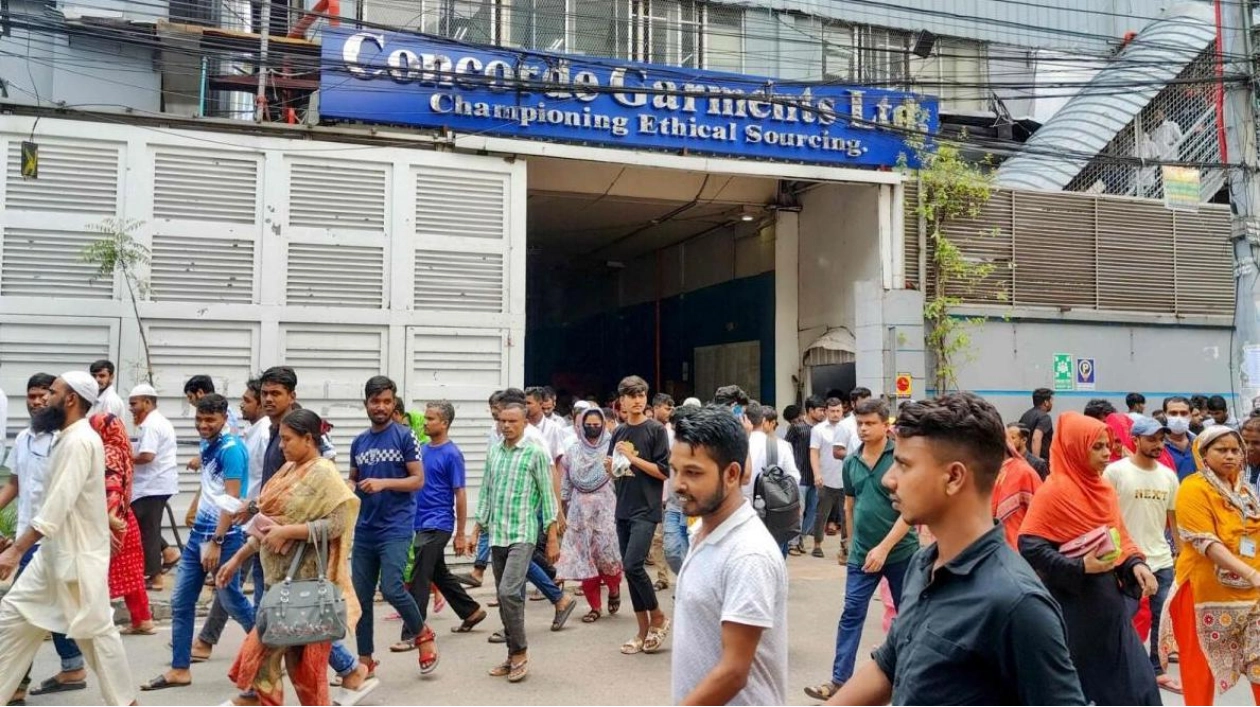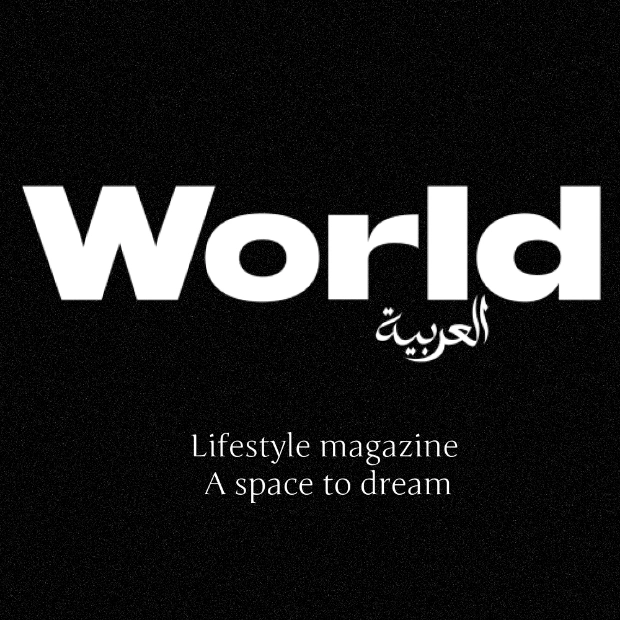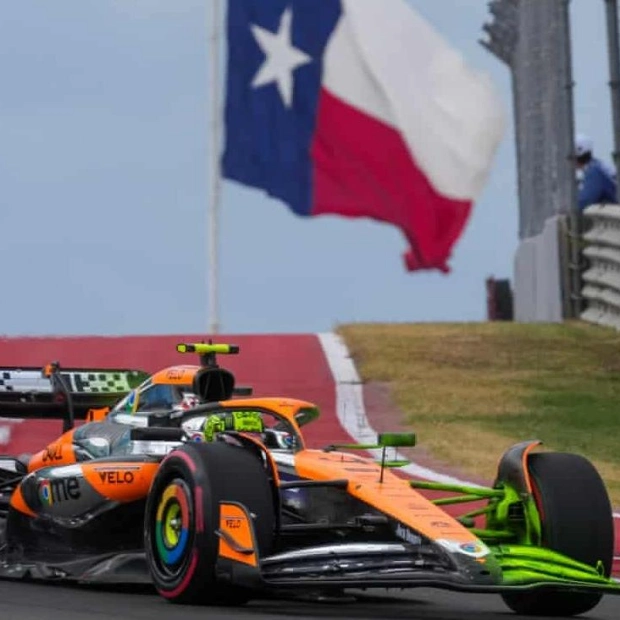Garment factories in Bangladesh, which are projected to comprise 90% of the nation's exports, resumed operations on Wednesday, aiming to quickly return to full production after being disrupted by violent protests that led to Prime Minister Sheikh Hasina's ouster this week. Hasina resigned and left the country on Monday following a crackdown on student-led protests that resulted in around 300 deaths and thousands of injuries since July. Factories supplying to major Western brands like H&M, Zara, and Carrefour had to close due to imposed curfews.
Miran Ali, vice president of the Bangladesh Garment Manufacturers and Exporters Association (BGMEA), informed Reuters that despite losing four days of operation with minimal physical damage to the factories, it's too early to assess the financial impact. He expressed optimism about complete normalization in the coming days and confidence in the support of buyers, noting that H&M, which sources from about 1,000 factories in Bangladesh, has assured no demand for discounts due to the delays.
At Urmi Garments' factory in Dhaka, female workers were back at their sewing machines, with 38-year-old Razia Begum expressing concerns about the financial strain of not working. Factory manager Emdadul Haq reported a loss of 228,000 pieces worth $107,000, with Urmi overall losing about $2.2 million across three units. Despite reopening, some trade damage might occur, as evidenced by Hula Global's decision to shift production from Bangladesh to India for the rest of the year to mitigate risks.
Pankaj Tuteja, operations head at Dragon Sourcing, noted that while major brands like Zara and H&M are likely to stay, other firms might reconsider their presence. Tuteja added that Bangladesh's attractiveness remains due to cost advantages and tariff benefits. The International Monetary Fund forecasts the ready-made garments industry to represent 90% of Bangladesh's $55 billion annual exports by the financial year 2024, making it the third-largest clothing exporter globally last year according to the World Trade Organisation.






